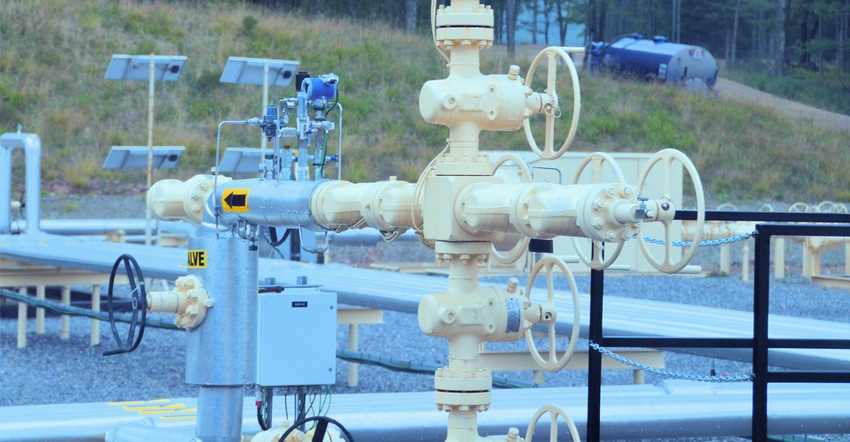April 12, 2018

Last week, the Pennsylvania Superior Court handed down a decision that could greatly restrict, even stop, Marcellus drilling in the Keystone State. The court decision disallows using the age-old "rule of capture."
Underground oil and gas deposits are in pools that may exist beneath multiple properties. Whoever gets there and sucks the oil or gas out first wins. That's the rule of capture. Conventional drillers and those with lease rights can't be held responsible for oil and gas moving from one place to another as it's extracted.
Not so for hydraulically fractured wells, according to the Superior Court. The justices ruled that gas (and oil) trapped in shale rock doesn't freely move from one place to another as it does in a pool. The judges say the gas would "stay forever" where it is without fracking.
In the case of Briggs v. Southwestern Energy, the Briggs family (in Susquehanna County, Pa.) alleged that when Southwestern drilled and fracked on the property of Briggs' neighbor, the fracking was done close to their property. The suit alleges that some of the gas located under their unleased property was extracted through Southwestern's well — a "trespass".
Southwestern countered that if such a trespass took place, it falls under the rule of capture. The ultimate issue is this: How far do fractures extend from a lateral well?
Currently, there's a 350-foot setback from the edge of a boundary for drilling shale wells. Most fractures extend more than 350 feet, sometimes as far as 3,000 feet. Clues about the direction fractures are likely to run horizontally from the well may be derived from seismic and other data. But virtually nothing can be done to control that direction. Fractures follow Mother Nature's fault lines in the formation.
The Superior Court opinion stated: "In light of the distinctions between hydraulic fracturing and conventional gas drilling, we conclude that the rule of capture does not preclude liability for trespass due to hydraulic fracturing." The case goes back to a lower court, which will rule on whether the Briggs are entitled to compensation from Southwestern for taking natural gas without a lease.
Huge potential impacts
"This potentially has big ramifications for both drilling companies and property owners," insists David Hess, director of policy and communications for Harrisburg-based law firm Crisci Associates and former secretary of the Pennsylvania Department of Environmental Protection.
• Bring on ambulance-chasing trial lawyers. Anyone within the "zone of fracking" may have a claim on the value of the gas extracted from a nearby well. "If on remand," Hess says, "the case requires compensation of the adjacent landowner for trespass as defined in the court decision, this could open the door to hundreds of potential similar trespass lawsuits filed all across Pennsylvania where unconventional gas well drilling occurs."
• Rule of capture may be redefined. Hess also speculates that before this ruling changes the way hydraulic fracturing operates in the state, there'll likely be an attempt to clarify the law. "If people perceive this as a threat to the industry, we'll soon see legislative attempts to redefine the rule of capture in Pennsylvania."
• Drillers may have to change the way they drill wells. That would greatly restrict where wells can go due to concerns over the zone of fracking. If drillers become gun-shy, it could significantly affect the industry's economics.
"This is going to be an important decision," Hess says. "People will be chewing on this opinion for a long time to fully understand what it means."
Source: Marcellus Drilling News
You May Also Like




